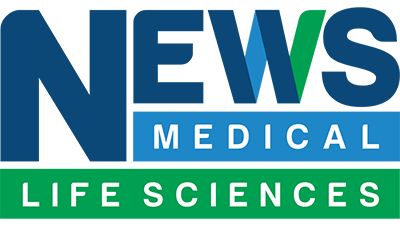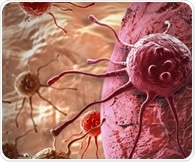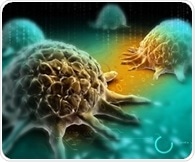
|
|
|
| |

|
|
| |
The latest breast cancer news from News Medical |
|
|
|
|  | | | | |  As more Americans embrace anxiety treatment, MAHA derides medications As more Americans embrace anxiety treatment, MAHA derides medications After a grueling year of chemotherapy, surgery, and radiation to treat breast cancer, Sadia Zapp was anxious — not the manageable hum that had long been part of her life, but something deeper, more distracting. | |  | | | | |  Immune cells shape maternal and infant health during lactation Immune cells shape maternal and infant health during lactation It's widely known that breastfeeding impacts the health of both mother and child, but the underlying biology that leads to these effects has been understudied. | |  | | | | |  Detecting the "scent" of ovarian cancer with AI Detecting the "scent" of ovarian cancer with AI Using machine learning, an electronic nose can "smell" early signs of ovarian cancer in the blood. The method is precise and, according to the LiU researchers behind the study, it could eventually be used to find many different cancers. The study is published in the scientific journal Advanced intelligent systems. | |  | | | | |  New biomarkers for targeted gastric therapy New biomarkers for targeted gastric therapy HER2-positive gastric cancer accounts for a substantial proportion of advanced cases and has long been treated with HER2-targeted therapies. While trastuzumab deruxtecan has shown superior activity compared with earlier agents, most patients either fail to respond initially or eventually develop resistance. | |
|
|
|  | | | A new study using serial liquid biopsies to track how metastatic prostate cancer evolves under treatment pressure showed that androgen receptor (AR) alterations consistently emerged and were linked to poorer outcomes across therapies. | | | | | Over two decades, medical care improvements increased health spans in the U.S. by 1.3 years and medical spending by $234,000 per person over their lifetime – or about $182,000 per additional healthy year of life gained – when measured from birth. These are among the key findings in a new in-depth national study published today in Value in Health. | | | | | Women with metastatic breast cancer often face multiple chronic conditions, and high blood pressure is among the most common. Nearly half of women in this study population had hypertension at diagnosis, with even higher rates among Black and Hispanic patients. | |
|
|
|
|
|
|
|